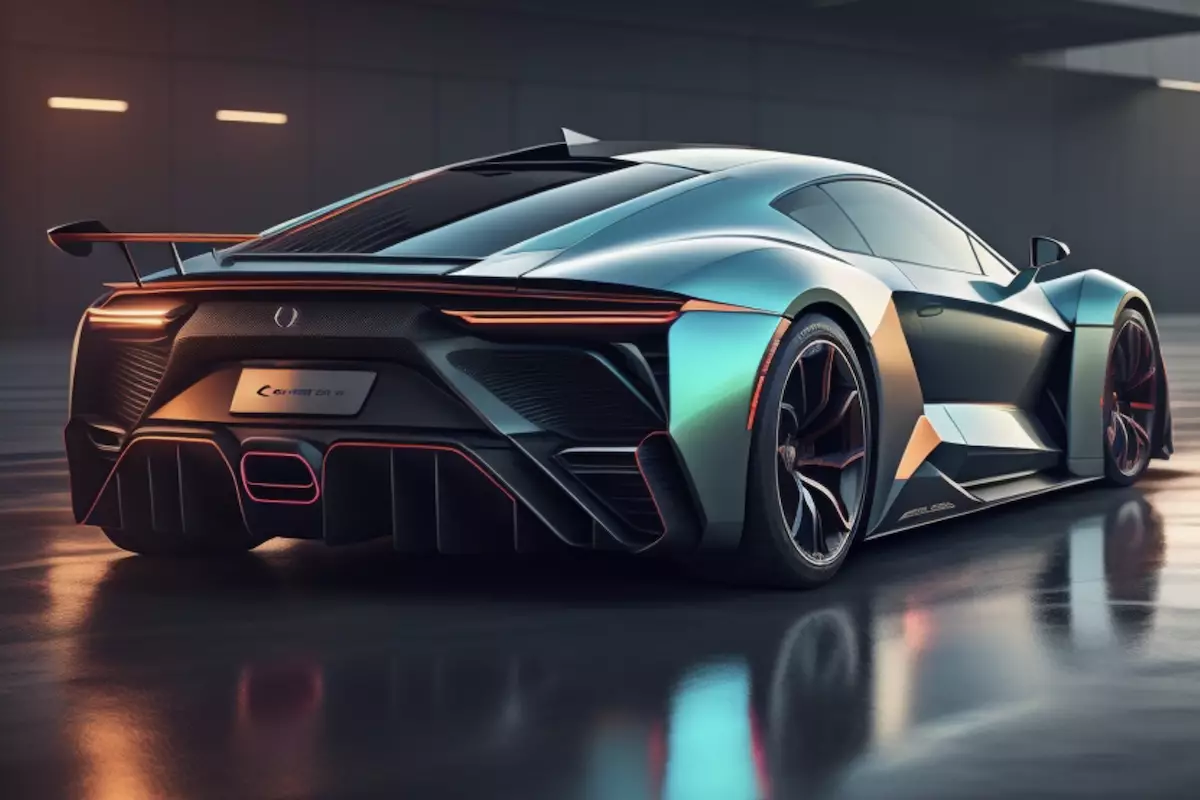The automotive industry is experiencing a significant transformation, especially in how vehicle ownership is perceived and executed. At the forefront of this change is the concept of car tokenization—an innovative method that leverages blockchain technology to fragment ownership into digital tokens. These tokens do not just symbolize ownership; they redefine accessibility in the realm of luxury and collectible vehicles. By converting cars into digital assets, enthusiasts can now invest in shares of vehicles, significantly lowering the investment threshold and reshaping traditional notions of car ownership.
Tokenization involves creating digital representations of vehicle shares through blockchain—an immutable and transparent ledger system. This process allows multiple investors to hold a stake in one vehicle, which opens up the market to a broader demographic. Whether it’s a high-end Lamborghini, a rare vintage Ferrari, or even an innovative electric vehicle, tokenization democratizes access to such coveted assets. By fractionalizing ownership, it reduces the stigma associated with high-value investments, encouraging participation from those who might otherwise feel excluded.
The array of advantages presented by car tokenization is extensive. First and foremost is fractional ownership, which allows multiple parties to own portions of a car without the substantial financial burden usually associated with purchasing luxury vehicles outright. This collaborative ownership model not only broadens the investment base but also fosters community among car enthusiasts who may wish to share in unique ownership experiences.
Another crucial benefit is the more accessible trading mechanism that tokenization facilitates. Digital tokens can be quickly bought and sold on online marketplaces, thus enhancing liquidity within the otherwise stagnant vehicle investment market. This rapid exchange process is a game changer for investors looking to quickly pivot or adjust their portfolios.
Moreover, tokenizing vehicles allows for shared costs related to car ownership, such as maintenance, insurance, and storage. This feature lowers the overall financial burden, making it easier for collective owners to manage their investments and maintain the vehicle’s value.
Car tokenization introduces a brand-new asset class for investors. This movement encourages putting money into tangible, real-world assets that have the potential for appreciation, such as rare collectibles or limited-edition luxury cars. This diversification of investment strategies is particularly appealing to millennials and Gen Z investors who are seeking innovative avenues for wealth creation.
The process of initiating tokenization is straightforward but requires careful planning. Selecting a vehicle that holds collectible value is the first step, followed by the creation of corresponding digital tokens. The tokens are securely recorded on the blockchain, allowing for a transparent ownership history. Additionally, smart contracts automatically execute transactions, ensuring that agreements are honored and mitigating risks associated with fraud and disputes.
A recent initiative exemplifying the practicality of car tokenization is the partnership between Renegade, a crypto-banking firm, and Mulsano, a luxury car dealership based in Germany. Together, they are pioneering the concept of tokenizing high-end collector cars. Their structure allows shares of these vehicles to be purchased as affordable NFTs, starting as low as $100. This collaboration not only facilitates traditional currency transactions but also embraces cryptocurrency as a means of investment, bridging the gap between conventional finance and the burgeoning crypto space.
Vehicles remain on display within Mulsano’s showroom, enabling potential investors to appreciate the asset visually before making their commitments. Importantly, when a vehicle sells at a profit, returns are distributed among token holders—aligning the interests of all stakeholders involved with the asset.
Despite its potential, car tokenization faces several challenges. One of the most pressing issues is regulatory uncertainty surrounding digital assets and blockchain technology. Many nations still lack comprehensive frameworks for such innovative ownership models, presenting risks for both businesses and investors.
Additionally, there is a significant learning curve associated with understanding tokenization and blockchain. For many potential investors, especially those unfamiliar with cutting-edge technology, grasping the nuances can be daunting. Therefore, increasing awareness and education surrounding this emerging marketplace is imperative for its successful expansion.
Looking ahead, car tokenization could profoundly influence the future of how we perceive vehicle ownership and investment. As blockchain technology continues to gain broader acceptance and legal frameworks catch up, there is potential for significant growth within this market. Tokenization won’t eliminate traditional ownership models, but it offers a flexible, modern option that aligns well with the preferences of new generations of investors.
By breaking down the financial barriers to owning pieces of high-value cars, tokenization encourages participation in a possibly lucrative hobby. As this innovative concept continues to evolve, it may very well alter the landscape of automotive investments, opening doors for many who aspire to share in the joys of automobile ownership.



Leave a Reply